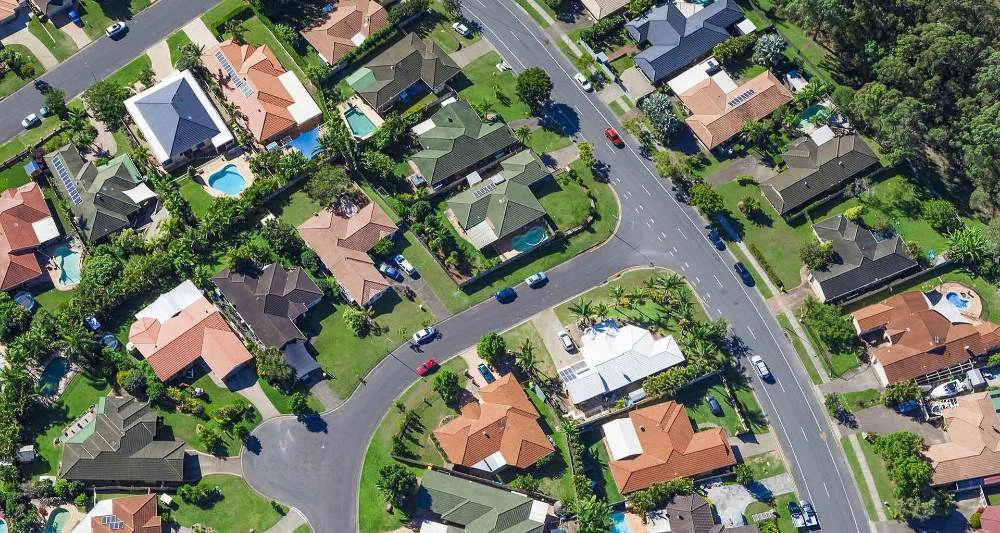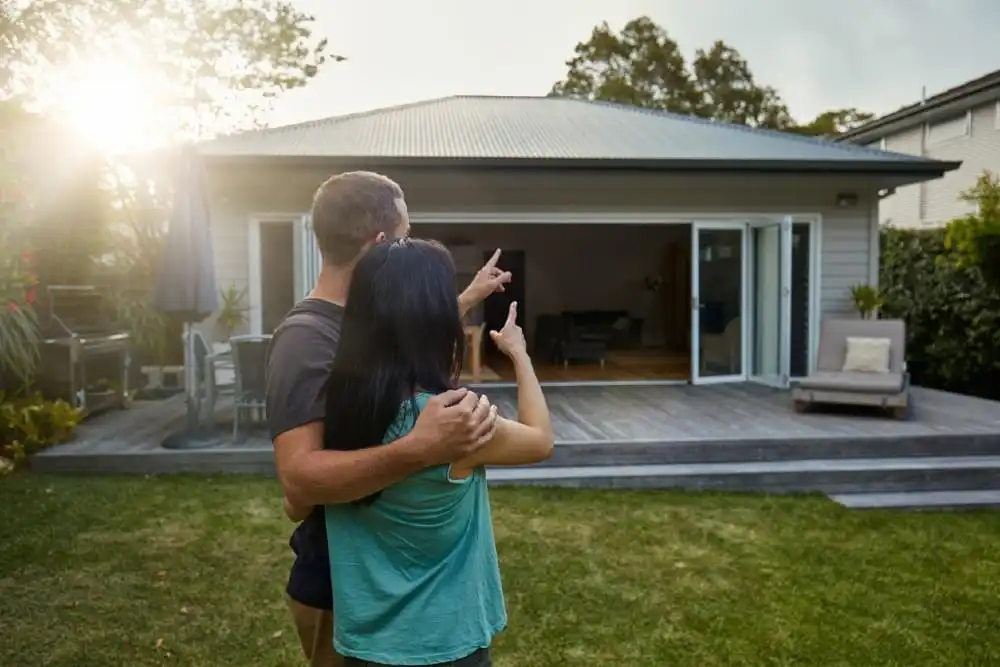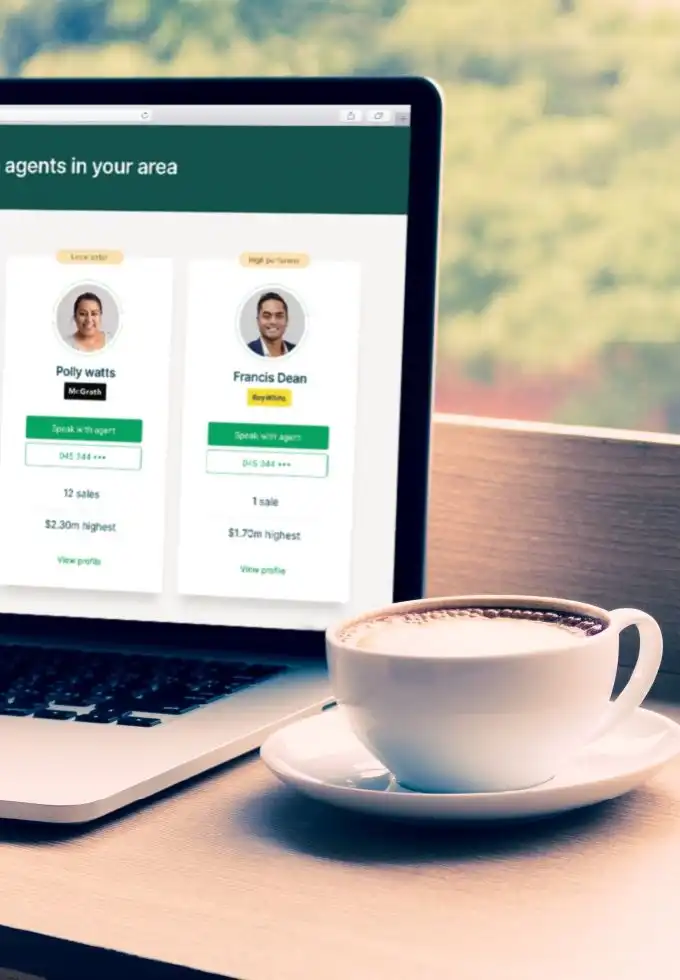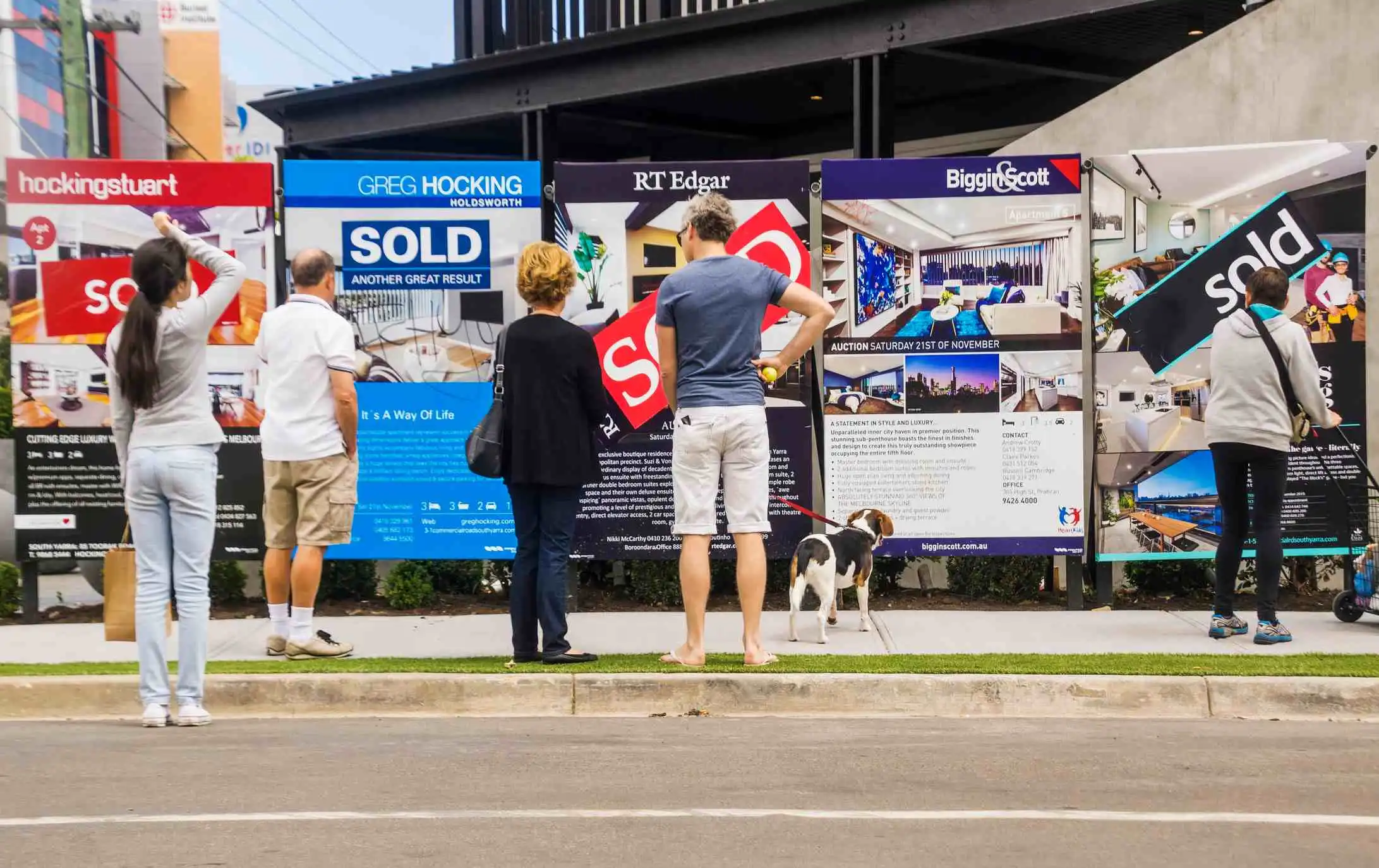10 unexpected things that affect the value of your property
What do you think has the biggest impact on property prices?
If your answer is location, you would be right. But did you know that there is a whole range of other factors, largely out of your control, that may also have a say? Some of which may surprise you.
1. Traffic
Major roads and thoroughfares are one of the many factors that influence the value of property. For suburbs with weak public transport links, you'd be forgiven for thinking that a property right by a major freeway is a fantastic investment.
However, the opposite is usually true. Properties situated by major freeways or roads tend to be devalued, not only because of congestion but also because of noise.
A Canadian study found that road traffic noise had a 'significant and consistent effect'. They even managed to quantify it to the decibel, with each rise worth approximately $340 per decibel in depreciation.
If you're a keen investor, make sure you research any upcoming infrastructure projects. The last thing you want to do is purchase a property only to discover that a couple of years down the line there is a plan to turn your street into a major traffic passage.
Have a property near a major road that you plan on selling in the near future? Consider investing in privacy screening plants or water features to drown out any residual noise. When you do put your home on the market, ask your agent to try and schedule open inspections for times outside of peak traffic periods.
2. Street types (road, street, avenue etc.)
Yes, even the name of your street can affect the value of a home. Research in the US by listings site Trulia found that the median price per square metre of homes correlated to the type of address.
The study found that 'Boulevard' was the priciest, followed by 'Place', 'Road', 'Terrace' and 'Court'. 'Street' surprisingly had the cheapest homes, followed by those on 'Drive' and 'Avenue'.
The upshot is that if you live or own a property on a 'Boulevard', you can expect it to sell for 36 per cent more than a 'Street' address. Pretty easy money we think.
3. House numbers
If your house number is 8, your property may be looked upon favourably by those of Chinese heritage, where the number is associated with prosperity and luck.
Less so for the number 4, which sounds similar to the Mandarin word for death. Interestingly, according to a study by UK property website Zoopla, on average, odd-numbered houses fetched £538 ($956 AUD) more than those of even numbers.
The study also revealed that houses with the number 13 reduced home values by an average of £8,974 (around $16K AUD). While unlucky for sellers, the number 13 could be lucky for buyers who aren’t superstitious and are on the lookout for a bargain.
4. Neighbours
Got rowdy or nuisance neighbours? It could be all-night partying, a dog that likes to hear its own bark or someone who likes to use a power tool or lawn mower at unsociable hours. Perhaps you have compulsive hoarders with junk oozing out of their garden into yours.
The bottom line is that if they are a persistent problem they could be bad news for the value of your property. But if your property is in a friendly, compassionate street then rest assured, your home could well benefit from the community atmosphere.
5. School zones
Families naturally want the best upbringing for their children, and a major component of that is education.
It's no surprise then that suburbs near in-demand schools fetch higher prices than homes outside the catchment zone. While all the data points to a direct correlation between property price growth and in-demand school catchment areas, what is it actually worth?
According to Domain's School Zones Report, properties in prime school catchment areas can sell for up to 10 to 15 per cent more.
The same report found that property price growth near top schools was significantly higher than the average growth rate of the city. Other sources report anywhere from $50,000 to $150,000 more for a home in an in-demand postcode, proving that those who seek a quality education for their kids are willing to pay a premium for it.
In recent years, the Brisbane Times reported that a South Brisbane property lost $100,000 off its value overnight after being shifted out of the Brisbane State High School catchment zone.
6. Proximity to local supermarkets
If your property is near a major supermarket - Coles, Woolworths or Aldi - count yourself lucky. In the UK, studies have shown proximity to upmarket supermarket chains, such as M&S and Waitrose, can boost property prices by as much as 9 to 12 per cent respectively.
The real surprise is that budget-friendly supermarkets like Aldi gave property prices in the area a bigger boost — by an average of 15 per cent.
7. Parking
As we build more high-density housing closer and closer to the city, the average home size is shrinking. With this in mind, parking spots are no longer a given but now come at a premium.
According to Aussie home loans, a parking spot averaging 13 square metres can be the most expensive part of a real estate purchase when it comes to cost per square metre.
In some cases, a parking spot can add more than $100,000 to the property's value.
8. Street name
According to research conducted by Zoopla, the highest value street name is "Warrens" with properties fetching more than double the national average.
Homes on "King" and "Prince" related roads are also worth more than those on "Queen" or "Princess" in their name.
On the other end of the spectrum, ABC News reported that names with silly names such as Butt Street or Willys Avenue had a decrease in property value of around 20 per cent compared to regularly named roads.
9. Walkable distance to amenities
Have a great local pub, restaurant, food or farmer's market within walking distance? Then you can be fairly certain that your property will be worth more than suburbs without such amenities.
We should clarify that it does, however, depend on what type of pub or restaurant it is.
Your local sports bar that attracts 300 rowdy students every Saturday night does not quite fit the profile. Neither does a Hungry Jacks, but if you have a three-hatted establishment just around the corner, it could add as much as five per cent to the value of your home.
Mortgage Choice told the Real Estate Conversation that "Cafes add to the lifestyle appeal and they're where renters want to be. They want to be near the action, to feel the vibe and pulse of the city."
In fact, being able to stroll to schools, parks, stores and restaurants can raise property value anywhere from $4,000 to $34,000, according to a study from CEOs for Cities.
10. Trees and leafy streets
It may seem obvious that a leafy, tree-lined street is a desirable location, but a study in the US found that suburbs with trees separating the road and the pavement outperformed those without any form of greenery. By how much we hear you ask? About $8,000, which is not small change — especially in USD.

In fact, whether the trees are in your yard or on your street, they're a really valuable asset that you should take advantage of.
According to a University of Washington survey:
- Mature trees anywhere in your yard can add 2 per cent in value
- Mature trees on your street can add 3 per cent in value
- Trees in your front yard can add 3 to 5 per cent in value
- Mature trees in high-income neighbourhoods can add a whopping 10 to 15 per cent in value








